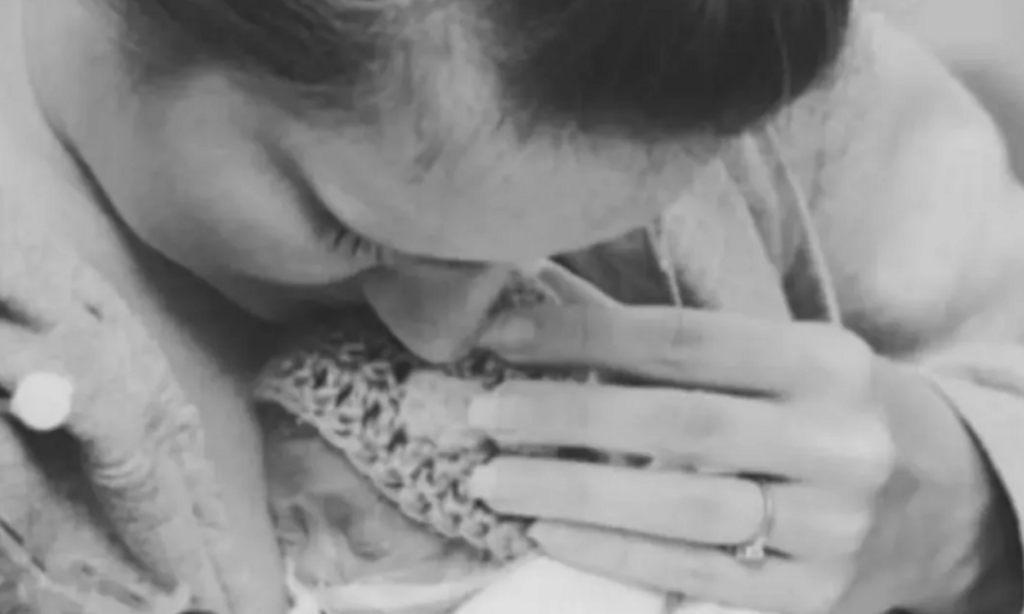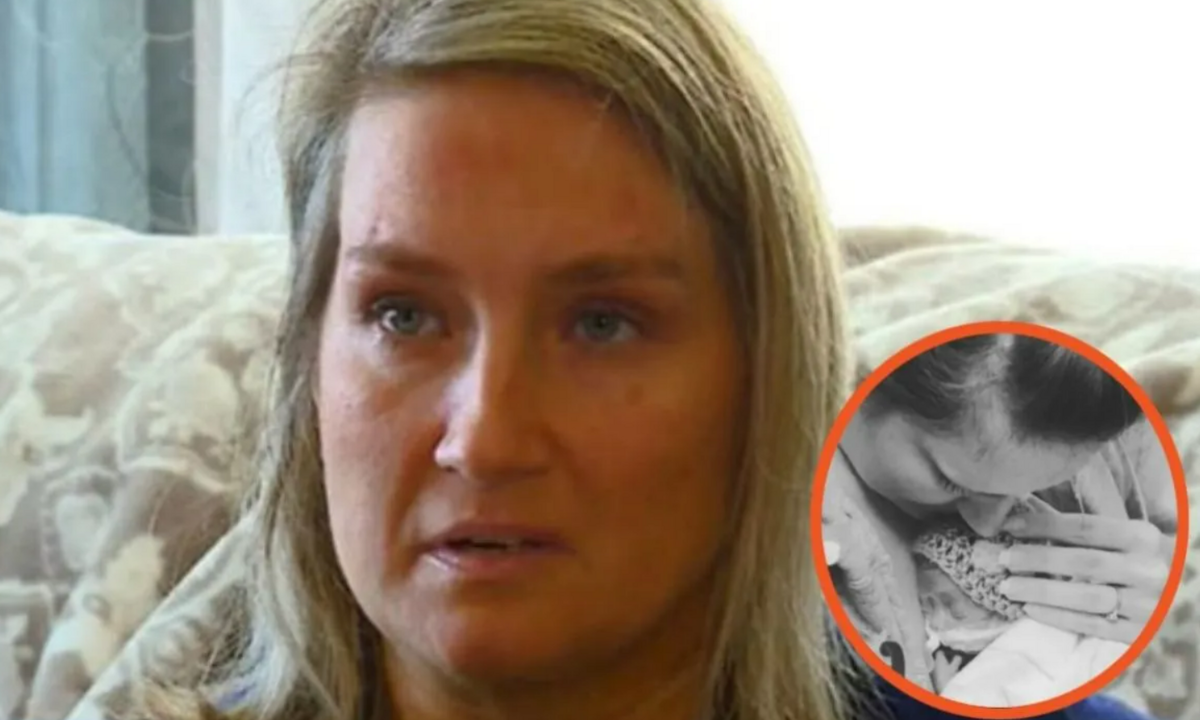A disturbing case has emerged from Decatur, Indiana, where 41-year-old Katherine Jackson is facing serious legal charges for allegedly fabricating her daughter’s medical condition to gain financial and charitable support.
The case, which has shocked many, raises concerns about the exploitation of public generosity and the ethical implications of misrepresenting a child’s health.
Allegations and Deception
Jackson first came into the spotlight in 2021 when she claimed that her young daughter suffered from two serious medical conditions—Pilarowski-Bjornsson Syndrome (PBS) and Lennox-Gastaut Syndrome (LGS). She alleged that her child experienced 80-90 seizures daily and required extensive medical care. Using this claim, Jackson launched a GoFundMe campaign, which raised over $1,600. The story also caught the attention of the Make-A-Wish Foundation, which planned to grant the child a dream trip to Disney World. However, due to the COVID-19 pandemic, the trip was replaced with a local parade in the child’s honor.
In 2022, another organization, Give Kids the World Village, helped fulfill the child’s wish, further publicizing her story. Local news outlets reported on the child’s struggles, detailing her difficult birth and time in the neonatal intensive care unit. Jackson claimed in an interview that her daughter only had “months left to live.”
Medical Investigation and Discovery
Despite Jackson’s claims, medical professionals grew suspicious of the child’s symptoms. In August 2022, Jackson took her daughter to the hospital, where doctors noticed inconsistencies in her reported seizures and other medical issues. Hospital staff also found that Jackson had not been refilling her Daughter prescriptions, raising concerns about potential medical neglect.
The child was then transferred to Peyton Manning Children’s Hospital in Indianapolis for further evaluation. Doctors confirmed that while PBS is a lifelong condition, it is chronic but not terminal, contradicting Jackson’s claims that her daughter was nearing the end of her life. This revelation led to an investigation into Jackson’s actions, ultimately uncovering a pattern of deception.
Legal Charges and Custody Changes
Following the investigation, authorities removed Jackson’s daughter and her younger sister from her custody and placed them in foster care. Reports revealed that neither child had been potty trained or enrolled in school, despite being six and five years old.
Jackson now faces multiple legal charges, including:
One count of fraud for allegedly obtaining donations under false pretenses
Two counts of neglect of a dependent for failing to provide proper care for her children
One neglect charge is classified as a Level 6 felony, while the other is a more severe Level 5 felony. If convicted, Jackson could face years in prison. As of now, no official court date has been set.
Ethical and Community Concerns
This case has sparked discussions about the ethics of fundraising for medical expenses and the potential for fraud in crowdfunding campaigns. Charitable organizations, including Make-A-Wish, rely on honest assessments of medical conditions to allocate resources to children in genuine need. Cases like Jackson’s undermine public trust in these organizations and divert help away from those who truly require assistance.
Experts caution that cases of Münchausen syndrome by proxy, a psychological disorder where a caregiver fabricates or induces illness in a dependent for attention or financial gain, may be at play in situations like this. While it is unclear if Jackson has been diagnosed with this disorder, the patterns of deception in her case are consistent with known instances of medical child abuse.
What’s Next?
As Jackson’s case moves through the legal system, child welfare advocates are calling for stricter oversight of medical fundraising platforms and better safeguards to prevent fraudulent claims. Authorities continue to investigate whether additional charges should be filed and are working to ensure the well-being of Jackson’s children in foster care.
Conclusion
Katherine Jackson’s case serves as a stark reminder of the consequences of exploiting public generosity. While charitable organizations and crowdfunding platforms play a crucial role in supporting families in need, cases like this highlight the necessity for vigilance and accountability. As the legal process unfolds, it remains to be seen how this case will impact policies surrounding medical fraud and child welfare protections in Indiana and beyond.
Disclaimer—Our team has checked this article to ensure its accuracy and eliminate any misinformation. We are committed to providing clear and reliable information for our readers.


